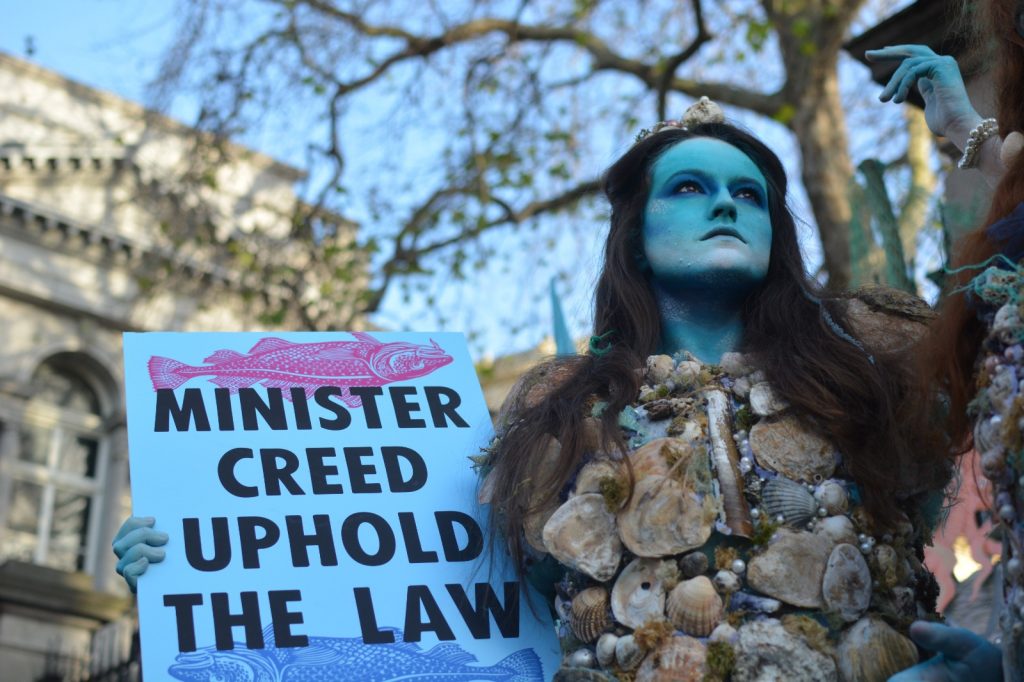Current marine planning Bill threat to offshore renewables, eNGOs warn

21 October 2021
Ireland is headed towards substantial obstacles for renewable energy if it does not immediately change course on marine planning, according to environmental groups.
Sustainable Water Network (SWAN) and the Environmental Pillar issued their warning today as the Maritime Area Planning Bill makes its way through Committee Stage.
The Bill is set to create an entirely new planning and consent system for marine development and will be critical in allocating marine areas for off-shore wind infrastructure.
However, groups fear that space for such renewable energy will be prioritised at the expense of Marine Protected Areas (MPAs), which they say would run the risk of both ecologically vulnerable areas being not adequately designated and that offshore renewables would be set up in “environmentally unsuitable areas”.
Marine Protected Areas are areas of the marine environment that are designated for the protection of biodiversity conservation or restoration and ecologists argue that they are critical in addressing the biodiversity crisis.
Their joint statement also highlighted that Ireland is legally required to implement a network of MPAs in order to restore marine biodiversity under both the EU Maritime Spatial Planning Directive and the Marine Strategy Framework Directive.
“Failing to comply with these will have serious consequences, including litigation from non-compliance that will hinder the widespread and effective rollout of decarbonising our energy,” they said.
To date, roughly 2.5 per cent of Irish waters are classified as Marine Protected Areas, which is considerably lower than the 10 per cent target the Government had set for 2020.
The Programme for Government made a commitment to reach the 2020 figure as soon as it could, and proposed to reach a second target of 30 per cent by the end of the decade if possible.

A “short-sighted land grab”
The failure to put in “key safeguards” threatens to further degrade the marine environment at a time where it needs to be restored, according to Policy Officer at BirdWatch Ireland Fintan Kelly.
The current approach of the Government is a “short sighted ‘land grab’ that will threaten both wildlife but also our fishing communities that depend on healthy fish and shellfish populations to make a living,” he added.
SWAN Policy Officer Ellen MacMahon echoed Mr. Kelly’s sentiments, and stressed that the Dail recognised both a climate and biodiversity emergency in 2019, “which means both warrant the same degree of action and neither is pursued at the expense of the other”.
She also highlighted that protecting marine biodiversity is a climate solution in and of itself as they promote “blue carbon”, whereby seaweed, seagrass, seafloor sediment and wildlife absorb carbon themselves.
[x_author title=”About the Author”]







